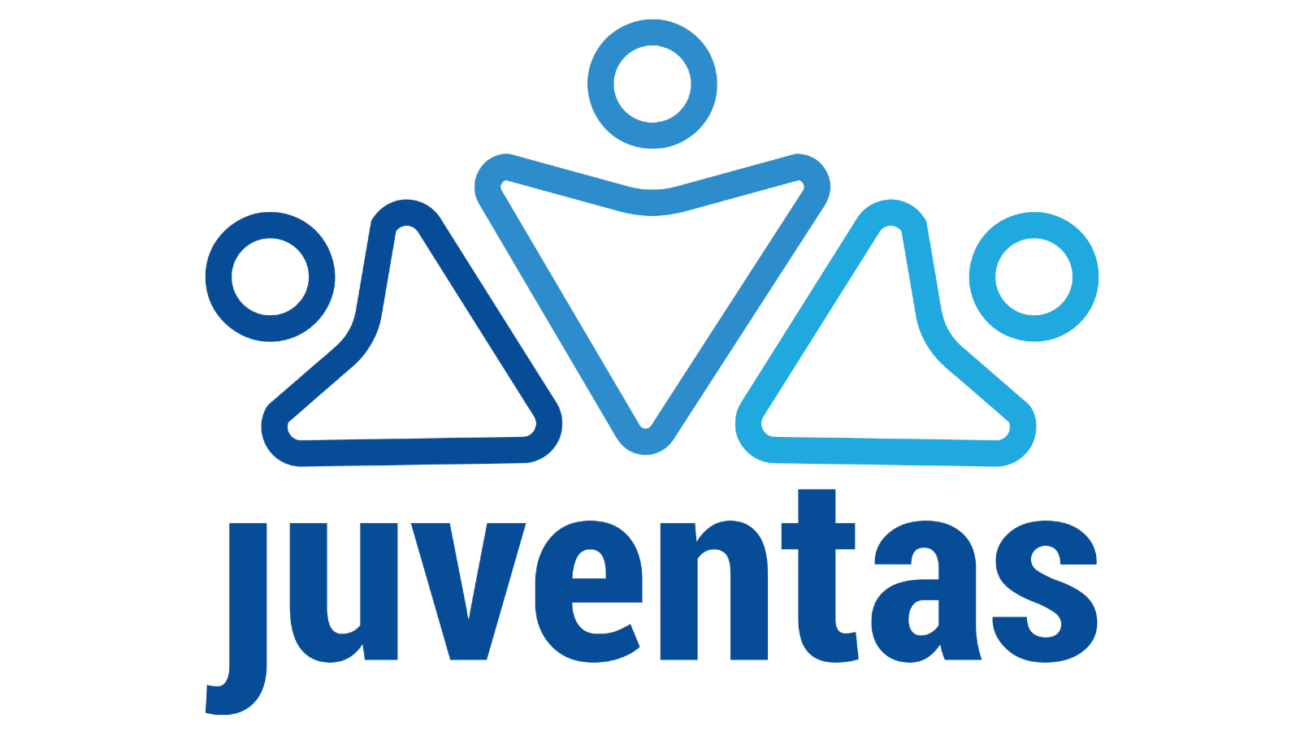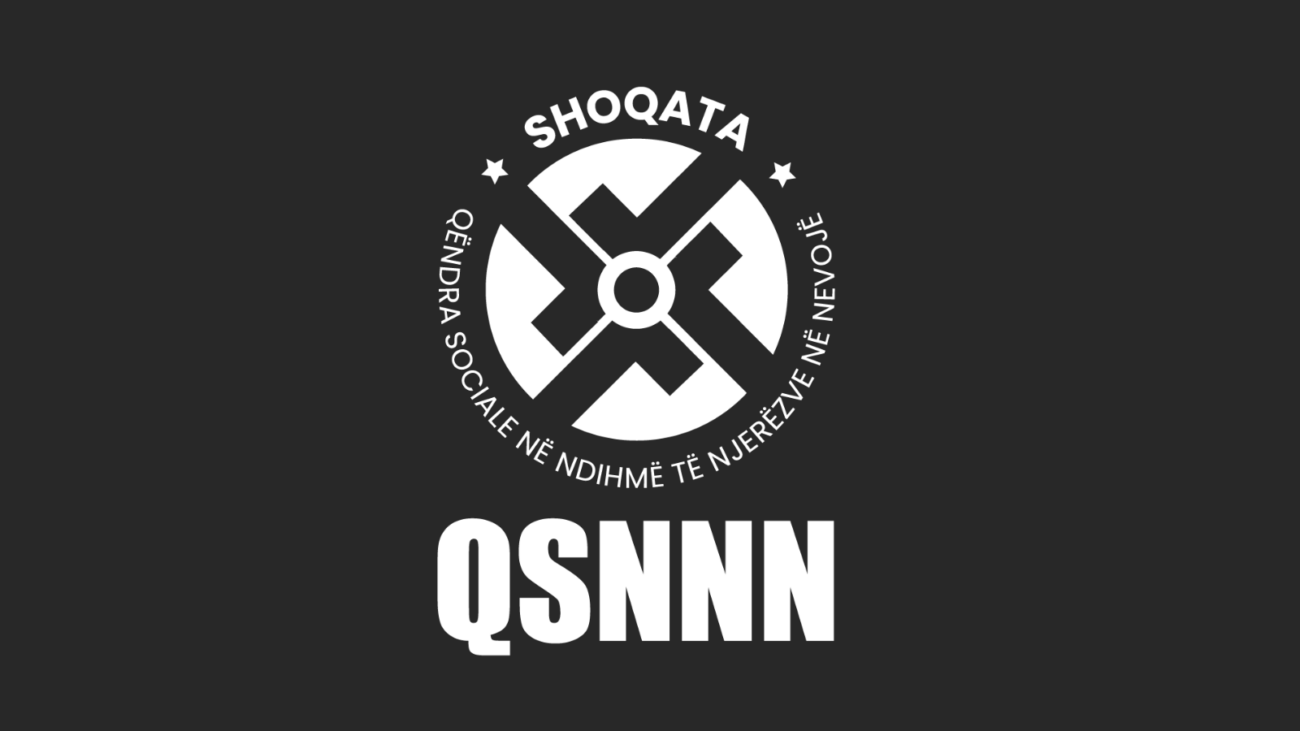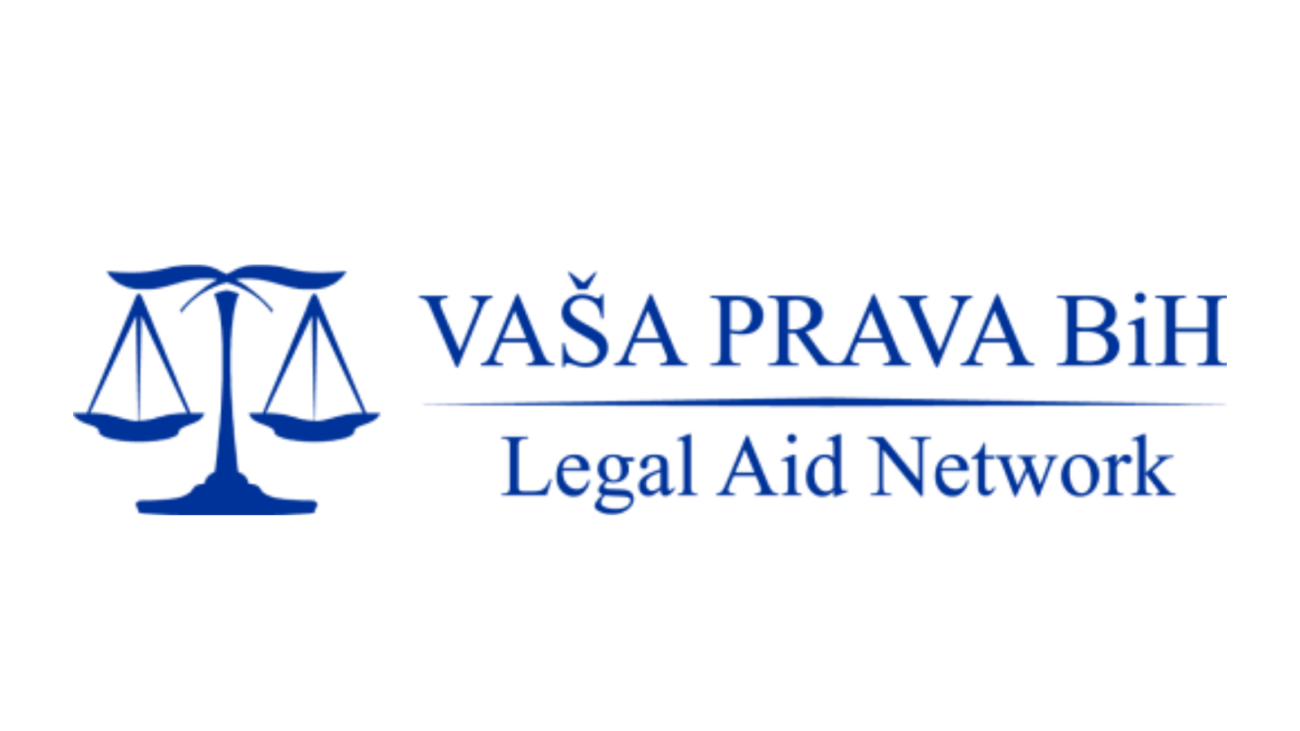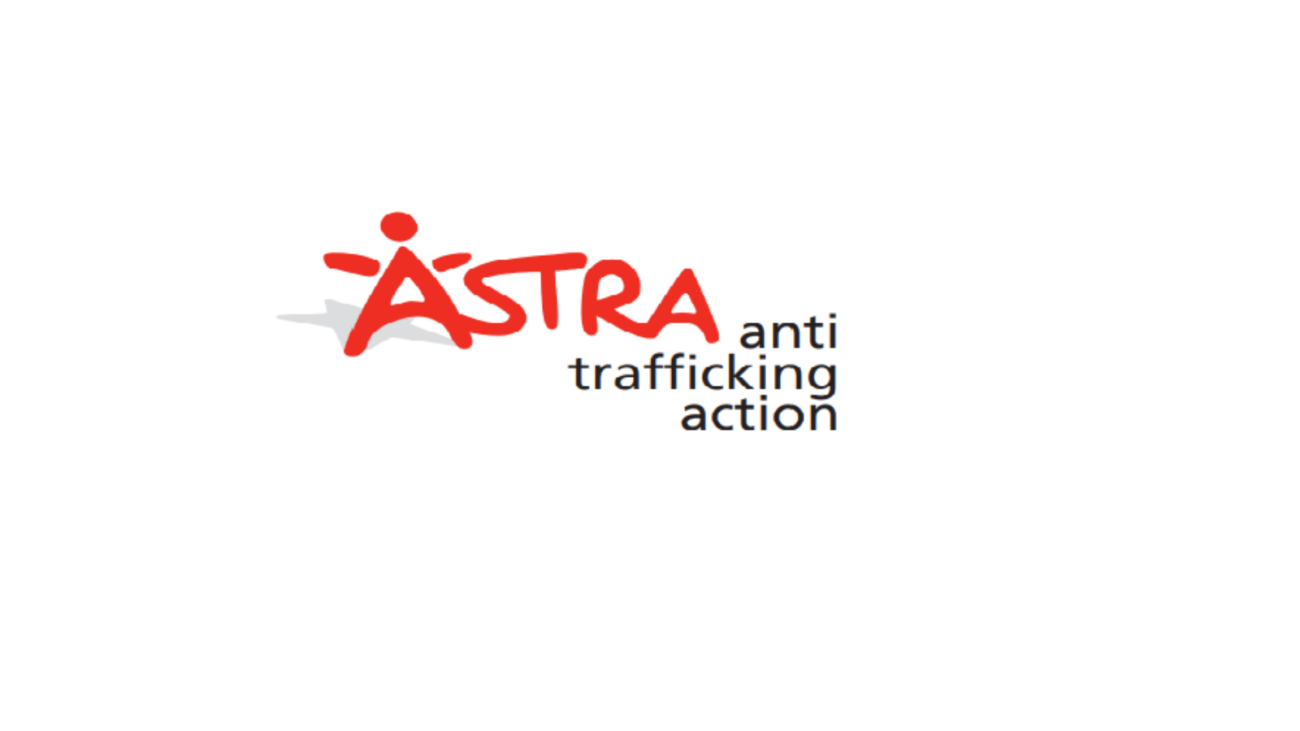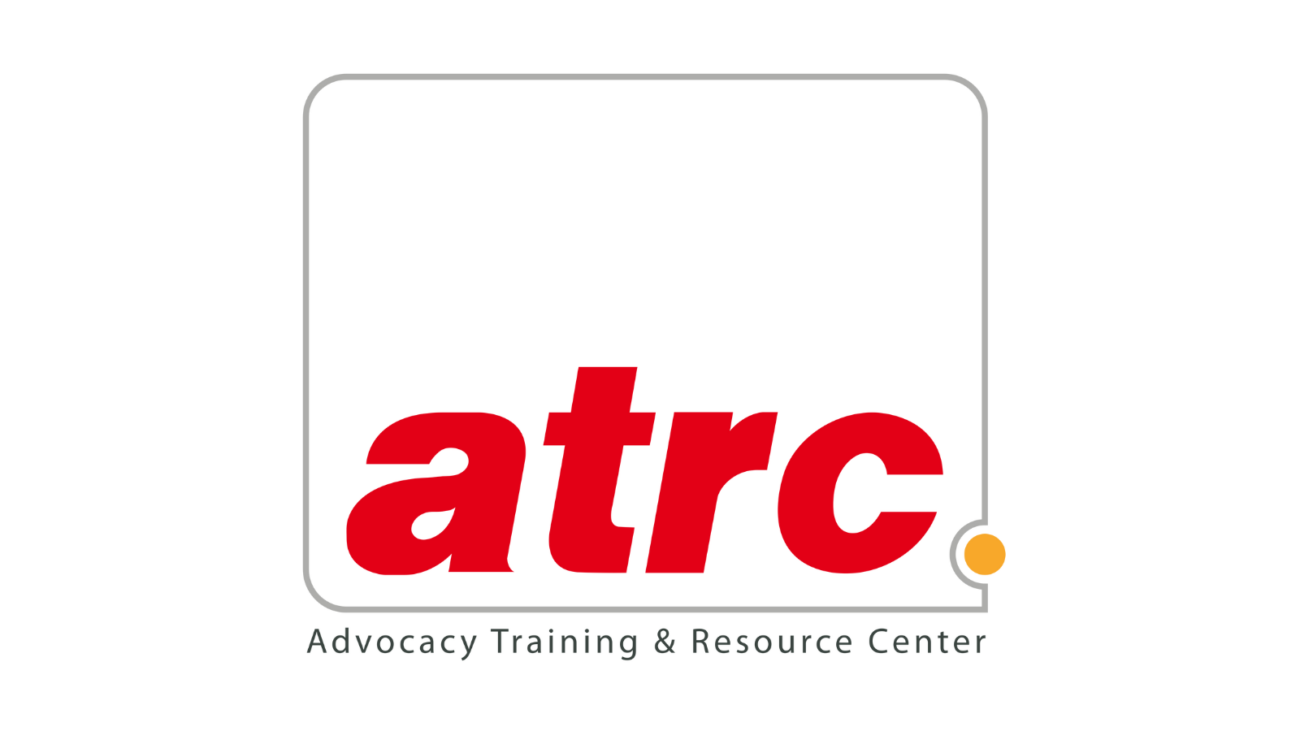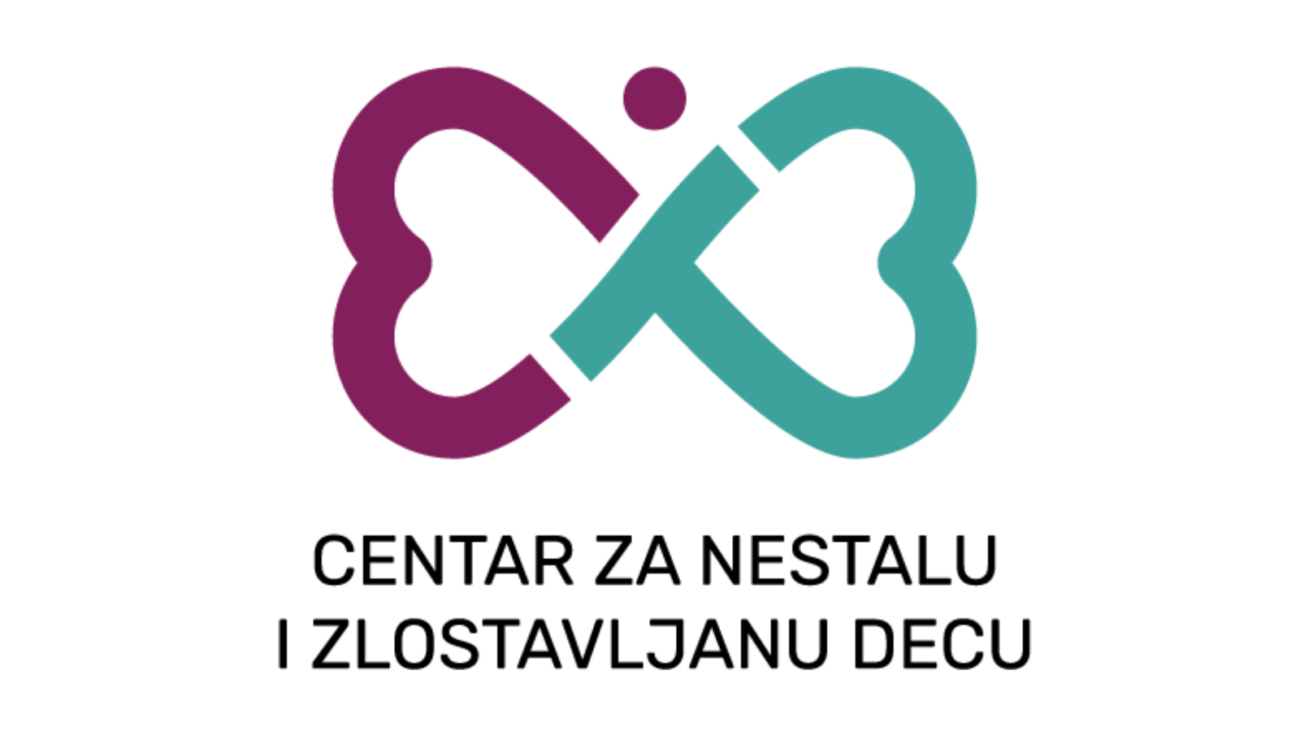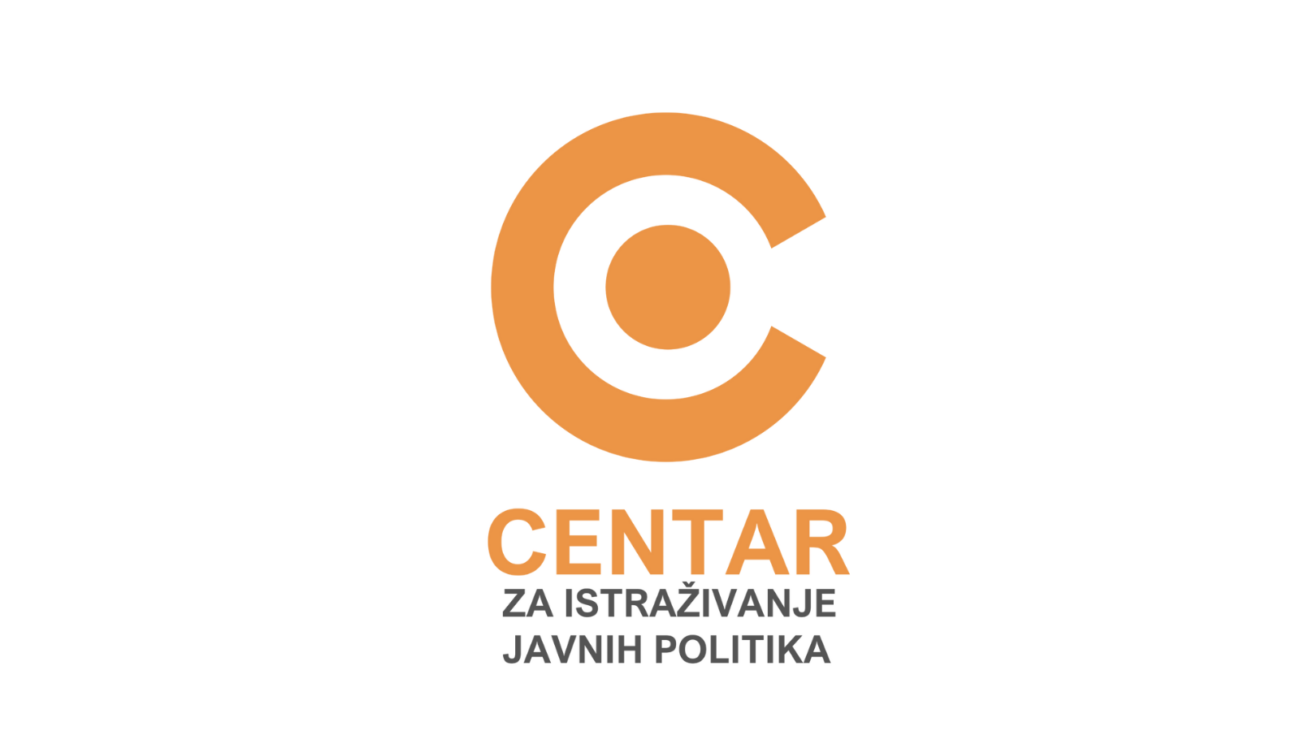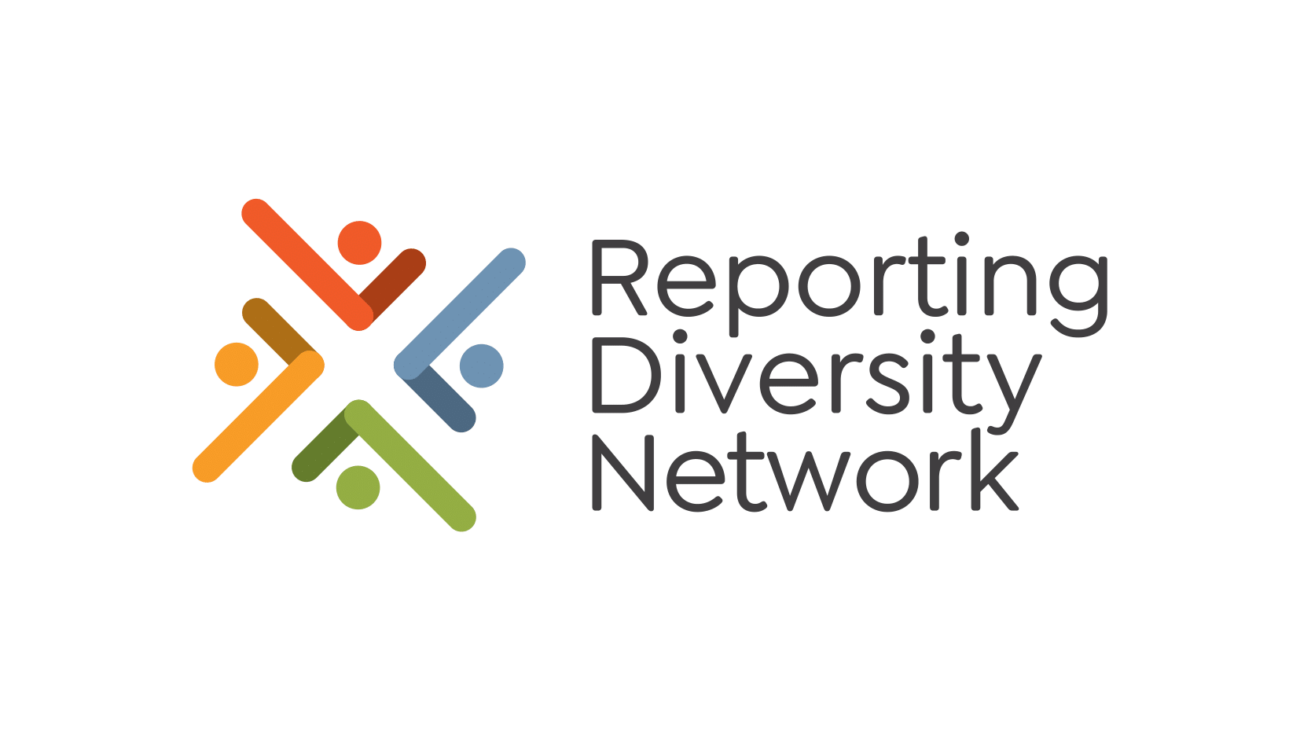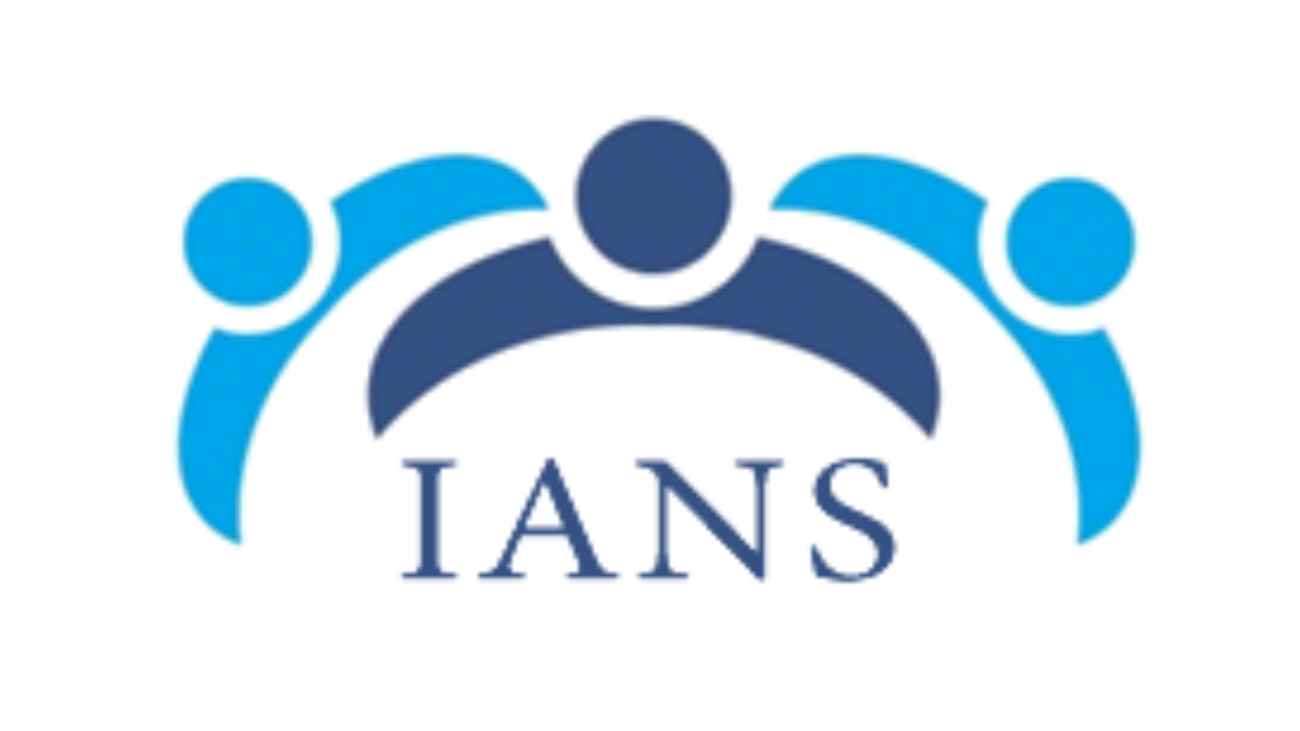Implementing organizations:
- NGO Juventas, Lead applicant, Montenegro
- Nisma për Ndryshim Shoqëror ARSIS, Partner, Albania
- Belgrade Centre for Human Rights, Partner, Serbia
Summary of the project
The regional project “Building Resilience of youth towards Criminal Activities” has a focus on building the resilience of youth and strengthening the capacities of relevant stakeholders. It adopts a research-based approach, conducting comprehensive research among elementary and high school students to understand the factors leading to their involvement in criminal activities. This research will inform effective preventive measures and provide valuable data for decision-makers in the fields of security, social protection, and public health. The project also aims to strengthen the capacities of police officers, journalists, and youth NGOs through trainings and programs based on best practices from Europe, fostering better communication and understanding between youth and these professionals. By creating a regional social media page and organizing competitions, the project promotes positive interaction and trust-building between youth and the police. It advocates for greater involvement of decision-makers and aims to influence policies and strategies through round table discussions. By addressing underlying factors and providing support systems, the project aims to prevent social exclusion and facilitate the reintegration of those affected by criminal activities. Overall, the project fosters regional cooperation among organizations from Montenegro, Albania, and Serbia to combat organized crime and promote the resilience of young people in the Western Balkans.
Project goals
Overall goal of the project is contributing to fight against organized crime and building a new paradigm in current socio-economic breakpoint, by strengthening the resilience of youth and providing systematic solutions and support.
Specific objectives (outcomes) are:
(1) Improved understanding of push and pull factors for recruitment in criminal activities through conducting research among elementary and high school students through two researches.
(2) Strengthening capacities of police, sport clubs, journalists and youth NGOs for building resilience of youth.
(3) Building trust between youth and police.
Expected results of the project are:
(1) Improved knowledge of decision-makers about the push and pull factors for the involvement of young people in criminal activities and the importance of building resilience of youth toward crime.
(2) Built capacities of professionals (police, sport trainers, youth NGOs, and journalists) in bridging the gap with youth, in order to prevent criminal activities of young people.
(3) Raised awareness of the public about the issue.
Target groups and beneficiaries
The direct target group of the project are at least 4500 elementary and at least 4500 high school students from Montenegro, Albania and Serbia and at least 21 journalists, 60 police officers and 30 representatives of youth NGOs from all three countries.
The final beneficiaries of this project are different stakeholders, decision-makers, governments of Montenegro, Serbia and Albania, as well as the general public.
Main activities
- Desk research
- Conducting a survey among elementary and high school students
- Building capacities of professionals (police, youth NGOs, and journalists)
- Drafting a program plan for the prevention of the criminalization of young people based on the best practices from Europe
- Trainings for police officers
- Regional trainings for journalists
- Regional trainings for youth NGOs
- Competition for youth about creating tools and methods in bridging the gap between police and youth and the creation of a regional page on social media (Instagram).
- Conducting a regional campaign
- Organization of regular coordination meetings

